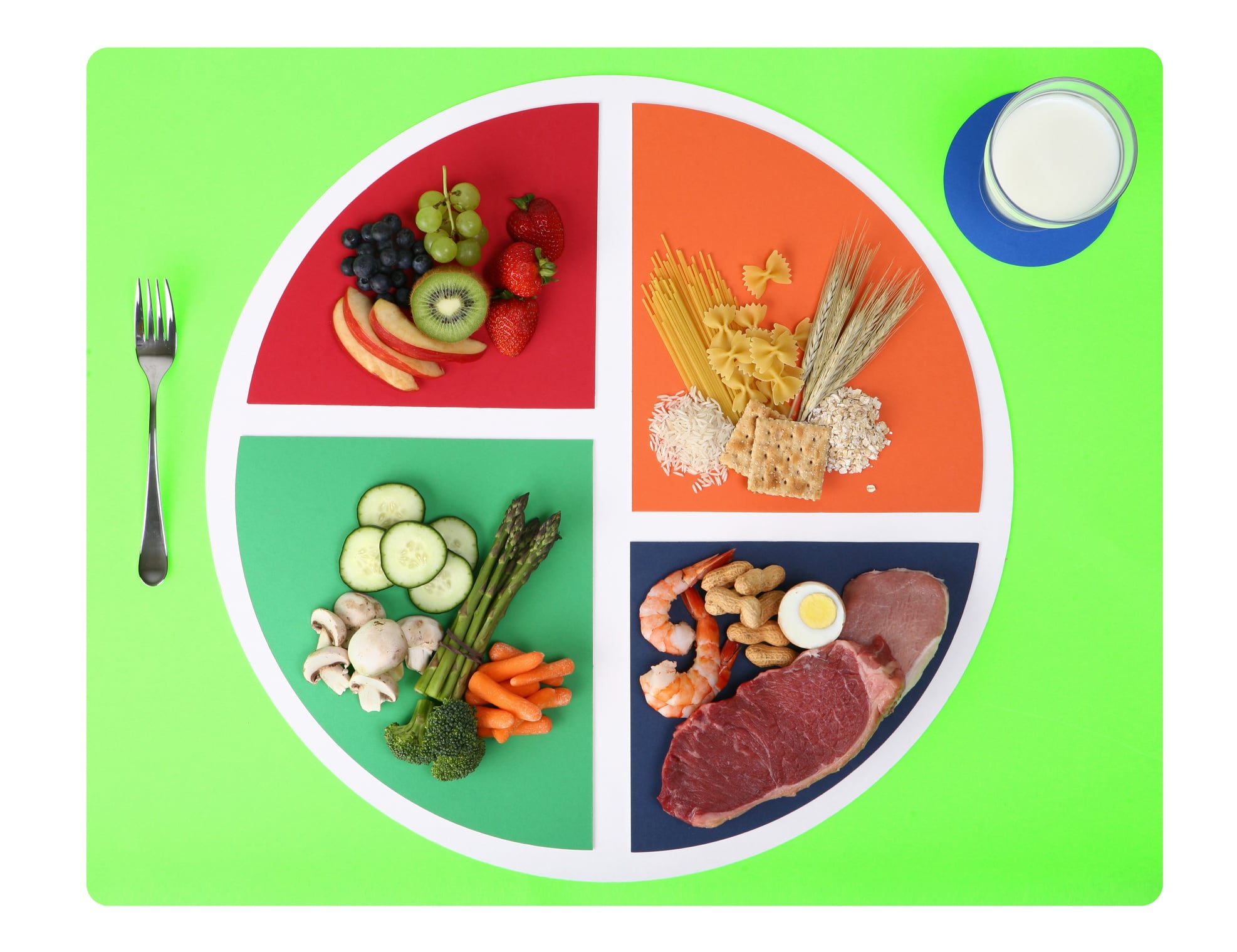Non-GMO Project launched its Non-UPF Verified program to develop standards for food and beverage CPG companies around ultra-processed foods (UPFs) by reviewing existing research, particularly the NOVA classification system.
What is the NOVA Classification System?
NOVA identifies biological, physical and chemical processes after foods are extracted from nature into four classifications:
Group 1: unprocessed or minimally processed foods
Group 2: oils, fats, salt and sugar
Group 3: processed foods (a combination of Groups 1 and 2)
Group 4: ultra-processed foods
The program will engage food companies in reformulating products to reduce UPF content, according to Megan Westgate, founder and CEO of the Non-GMO Project and the Food Integrity Collective.
“As a standard-setting certifying organization, we are looking at how to take what the research shows in terms of the correlation between degrees of processing and health outcomes,” Westgate said.
While NOVA provides a foundational framework, the organization distinguishes between traditional processing (e.g. home cooking), and industrial processing, which Westgate said alters food to the extent that the body does not recognize it as natural food but as a “collection of foreign substances.”
She explained: “That is really what we are concerned with as we set our standards is what are the places where we are more confident that there is a correlation between the type of processing and adverse health outcomes.”
Bread, for example, illustrates how ingredients can be processed differently, Westgate said.
“Regular whole wheat flour is minimally processed. It has its natural ingredients, but then, by contrast enriched wheat flour is ultra-processed because it has been stripped of its fiber and nutrients during refinement and then its fortified with synthetic vitamins like niacin, folic acid and then often treated with additives like bleaching agents or dough conditioners,” she elaborated.
As the organization continues to establish its standards, it plans to allow a small percentage of micro-ingredients (e.g. emulsifiers), similar to USDA Organic and Non-GMO certifications.
Evidence on UPFs’ impact on health remains inconclusive, according to the 2025-2030 Dietary Guidelines scientific report. However, Westgate said that research increasingly shows that reducing UPF consumption leads to significant health improvements and reduces risk of chronic disease and mental health disorders, emphasizing the urgency of Non-UPF Verified’s mission.
Non-GMO Project’s goals focus on broader food system concerns
Non-UPF Verified reflects Non-GMO Project’s evolving focus beyond non-GMO to broader food system concerns, Westgate said.
While Non-GMO Verified remains a priority – especially as genetic engineering becomes more complex – the organization has expanded its scope to address food integrity holistically. This includes the Food Integrity Collective, which identifies key areas where human and environmental health intersect.
“If you look at every measure of physical health, mental and emotional health, cognitive function, they are all eroding dramatically,” Westgate said, adding that the food system is “the most powerful central intervention point.”
Pilot brands for Non-UPF Verified will be announced during Natural Products Expo West 2025 with a broader launch expected in fall 2025 featuring input from food system stakeholders, researchers and brands participating in the pilot program.
The goal is to create meaningful, yet achievable criteria that encourage reformulation and innovation in packaged foods, ultimately shifting the market toward products that are more nutritionally recognizable and beneficial to human health, she added.
Certified Non-GMO products increased from $40.1 billion in 2022 to $45 billion in 2023, a 12% year-over-year growth based on SPINS Mulo data. In 2023, both USDA Organic and Non-GMO Project Verified grew 13.7% in sales to $7.04 billion – exceeding sales of USDA Organic or Non-GMO Project Verified alone in 2021 which grew $6.19 billion in sales, per SPINS MULO data.
Consumer education played a significant role in Non-GMO Project’s growth and adoption across brands and retailers, Westgate said.
The program officially launched in 2007 when addressing the pervasive use of GMOs in the food supply felt insurmountable, she added. Yet, with a collaborative approach with retailers and brands to provide transparent information for consumers, she believes that implementing a similar education strategy for non-UPF Verified will help increase awareness and participation of non-UPFs.




